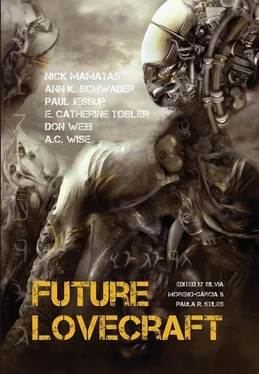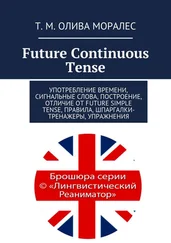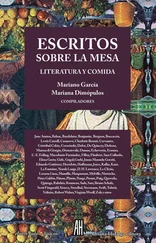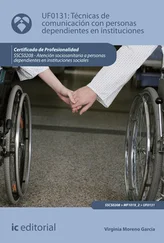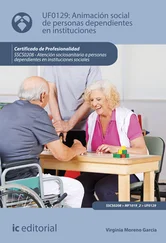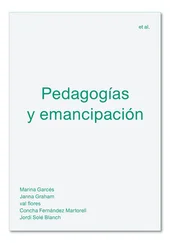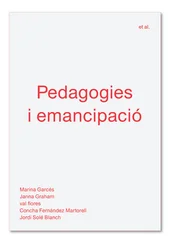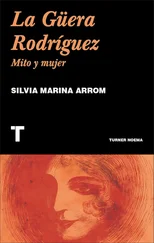An theyre huge, like…whatcha call em…elephants! Elephants on the videoprompter. Giant blobs of gross jus rollin’ and boilin’ and yowlin’.
You aint never heard sucha sound they were makin. Jus thinking bout it gives me the willies. Thats when I realizedtheyre cryin like babies. Theyre hungry.
I know, cuz the Dollmen start roundin girls like you up. Theyre all naked as the day they came inta the world, and weird.
I mean, weird as in drugged. Not like they did anythin’ like the perv down the street does, with his huggin too long and bribin with candies. They were all sleepy-eyed, like when they leave here. An they gotta be, yanno? Im here, lookin at these things, and I nearly lose my lunch over it. Those girls are just…standin’ there. All glassy-eyed and dumb. I spotted Mary and she was all smilin like she was on a picnic or somethin.
Anyways, these Dollmen start leadin these girls up these stairs to the edge of the drainpipes, big ol gargantuan things, all filled to the brim with these slippy slidin monsters. AND THEN THEY JUST WALK IN. These girls just take a step and bloop! Right into the mess they go.
Whats really nasty is that the girls dont pop up for a minute. The bodies churn and theres more mouth bubbles and these vats are makin’ a happy noise, I guess, cuz it sounds like a weird, keenin song. And all the vats are makin’ it. The dollmen are just standin there, not movin’.
When they do pop up, theyre just skin and hair. Everythins been taken out. You can see it when the Dollmen take these long hooks and skim the surface. The mouths and eyes and stuff just slip under or over the metal.
And then what? Whatchoo think, girl? I got the hell outta there. I didnt wanna poke around and see how they stuff em. How they pop some glass eyes in there. If they wait around for some teeth to pop up, so they can replace them pearly whites.
Nooo. I just went my way. Came home, pretended I was sick. Miz Benson didnt like it, but it wasnt hard to fake. I threw all up on her when she tried to whup me. All’s I had to do was to think of those things in the factory.
The next day, Mary Mary Quite Contrary was up in that windasill, lookin finer than when she left here. Left in that pretty velvet dress.
So, Im sayin, cut yer hair, break a tooth or two. You dont wanna end up like Mary or the other girls. You gotta do it quick or—
No, Miz Benson, I ain’t tellin’ tall tales agin. Annabelle here was jus’ sayin’ how she didn’t wanna go with the Dollmen. She wanted to learn the fine trade of air duct cleanin’, didn’t you, Orphan Annie. Didn’t you?
Oh…You didn’t? I swears, Miz Benson. I didn’t tell her nothin’.
[In a low whisper] You ass! You brat! Youve done it in now!
Youre right, Miz Benson. I am late to my duties. Well, goodbye, Annie. Guess Ill see you in the shop winda, sometime. Besta luck.
A COOL, PRIVATE PLACE
By Jen White
Jen Whiteis an Australian author of speculative fiction. She lived for some years in the tropical north of Australia, but has since moved to the gentler climes of country Victoria (Australia, that is, not Canada). Her work has been published in various magazines and anthologies. Most recently, her stories have appeared in the anthologies, The Tangled Bank: Love , Wonder and Evolution , Bewere the Night , and Dead Red Heart . She also has a story in the e-book anthology, Extinct Doesn’t Mean Forever .
WHEN WE SIGNED the papers on our property, they gave us a map of all the known time wells in our district, and a pamphlet on how to live safely in their vicinity. Our friends thought us crazy to buy in one of the abandoned towns, but what else could we do? With Tamsin unable to work full-time any longer, and my own poor showing at employment, we could never afford the city, or even the fringes of the city, so it was one of the abandoned towns for us. Besides, here we’d be safe from the rising oceans for a good, long time.
We chose Hills Point for the sheer beauty of it, a mountain town ringed by other mountains. It was hard to get to and, because of that, solitary and still, a cool, private place of reflection and contemplation. It consisted of a main street, and a few other, smaller streets running off it, and that was it. Population 30, a few abandoned shops and falling-down shacks. And a pub, of course, a huge, white palace of a pub. The only shop still running was the general store, owned by Ruby Langdon, 15 years resident and as wide as she was tall.
Our own place had once been the local boarding house, a weatherboard maze of rotting carpets, cast iron beds and washstands. It was the first thing of any significance we had ever owned. At night, we would climb up to the top floor and gaze out at the wildness, listen to the scuffling and snuffling of the animals, drink our wine, and imagine how it used to be. A mining town, a working town, a coarse, noisy, stinking town full of energy and self-importance, the very life of it ripping great holes in the quiet of the bush. And now all but dead, life seeping away. Hills Point, and other such towns, had grown so still and silent after such clashings and clangings that the very air had begun pooling, settling in great, suppurating clumps, past and present overlapping unhealthily, creating time wells. Hills Point was full of them.
The nearest well, fenced off for safety, was down the end of Welcome Lane, a short street of ancient shops that had been boarded up decades ago; it was a smallish well on the right side of the road, right in the middle of the footpath, the air around it puckered and torn, as if it were grieving the loss of all those smart, busy ladies dressed in their fineries, marching up and down with their packages. The deepest well lay down near the creek, hidden amongst some giant ferns. Tamsin and I decided that this must have been where sweethearts went to find privacy and, when the town died, this powerful space had yearned so much for blood and warmth and movement that a time well was born. Sometimes, when I walked down that way (which I did often, for I liked solitude and quiet), I would glimpse things in this well—old things, ancient creatures, staring out at me—and I would wonder how far back this well went, for we had no history, no conception, of animals with six legs or four heads or a hundred writhing tentacles.
How could you not explore the time wells? our friends asked us. Touch them, push at their skin, pass through? And we would have, but for the deep sense of unease that came upon us whenever we ventured near them, a sensation akin to that of standing at the edge of a bottomless abyss, of falling into the terrifying unknown. We could go so close and then no further. We were glad, on the whole, to give these wells a wide berth, even averting our eyes whenever we neared one. I found the shallow ones hardest to bear, the ones that held your own grey day from a few months ago, where all you could think was: What’s the point? Or the ones that showed you bright, blithe ignorance before bad news. There were a lot of those. But all the wells were bad. We are creatures who look forward. To look back goes against all our instincts.
I was up on a ladder one evening, painting the lounge room wall a pale green, when I felt it. I nearly fell with the strength of it and I had to hold on tight for a minute or so.
Tamsin came running in. “Can you sense it, Jamie?” she called out. “Something’s shifted.”
We headed towards the front door and peered into the darkness, as if we’d see a change, but everything was still and quiet, as always. And yet, we were sure we had not imagined it. Something had happened; something was altered. But we managed to settle down. We had our dinner and forgot about it for a bit.
Читать дальше
